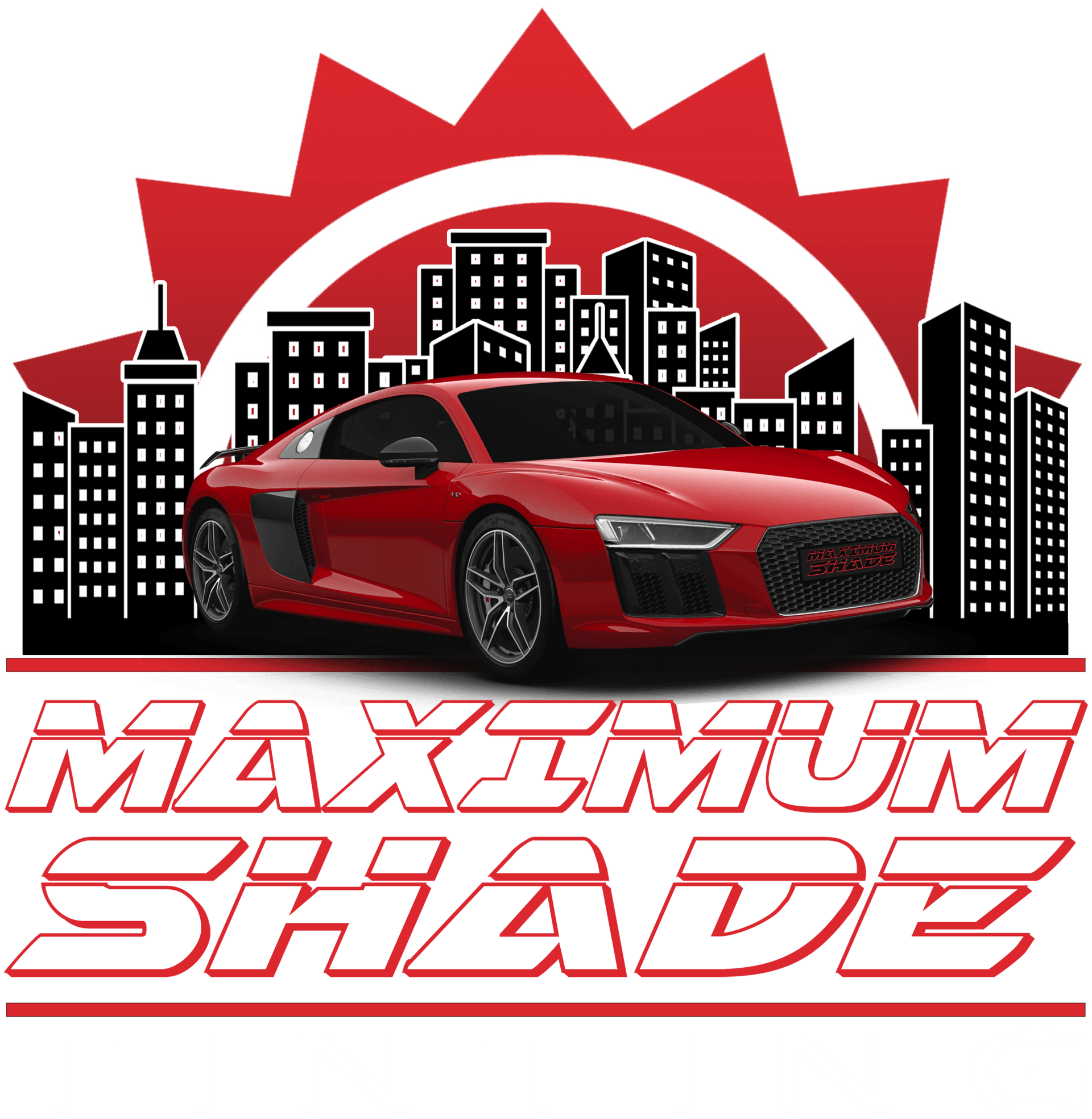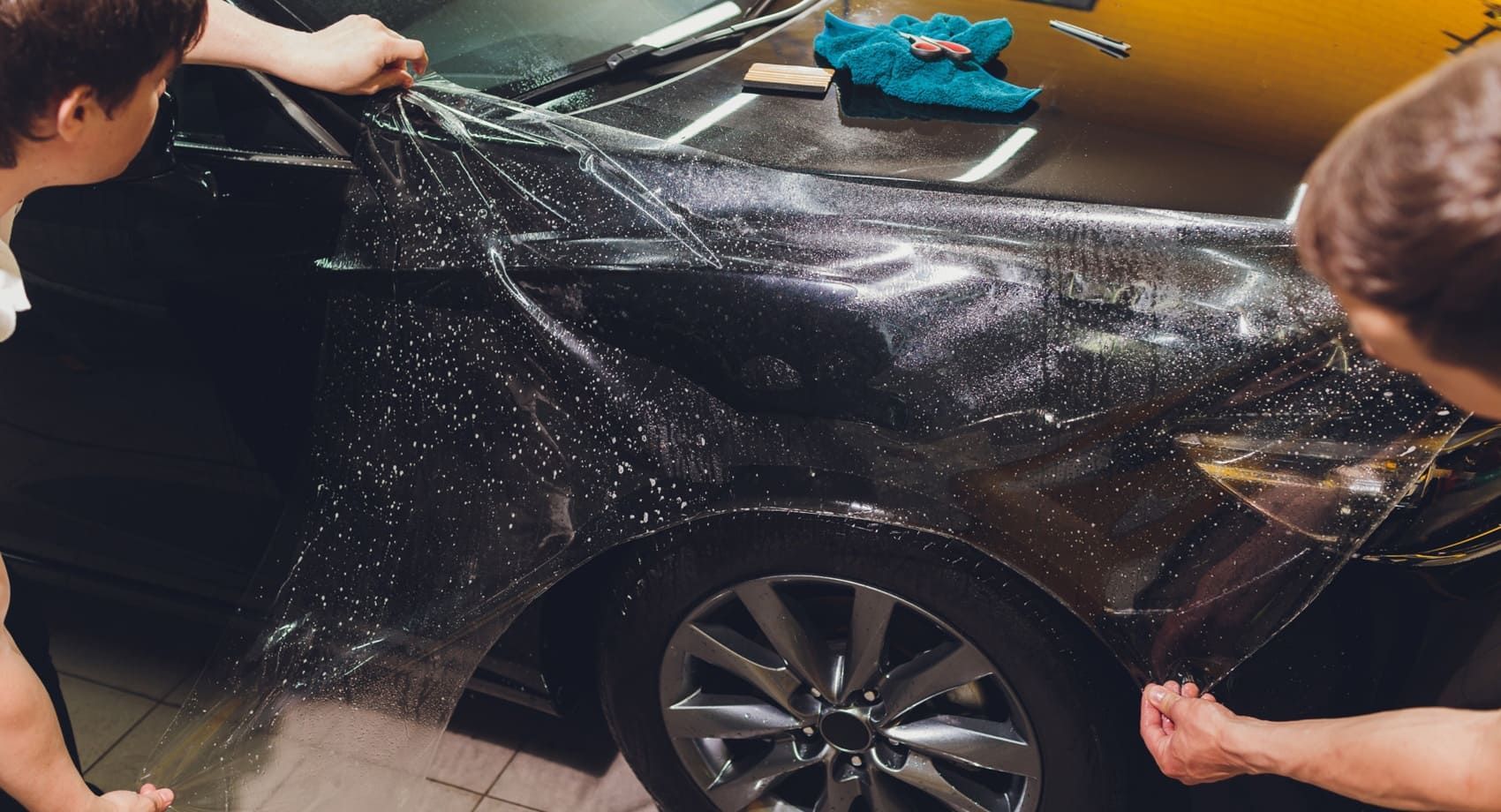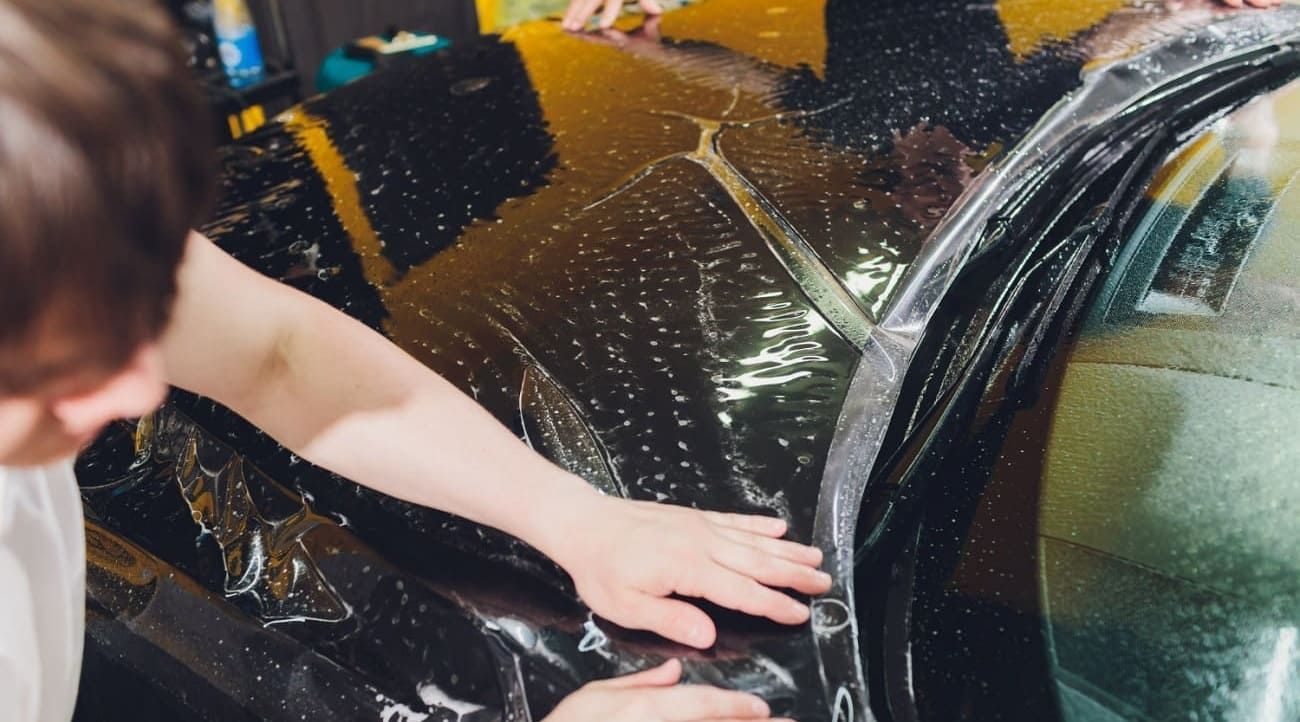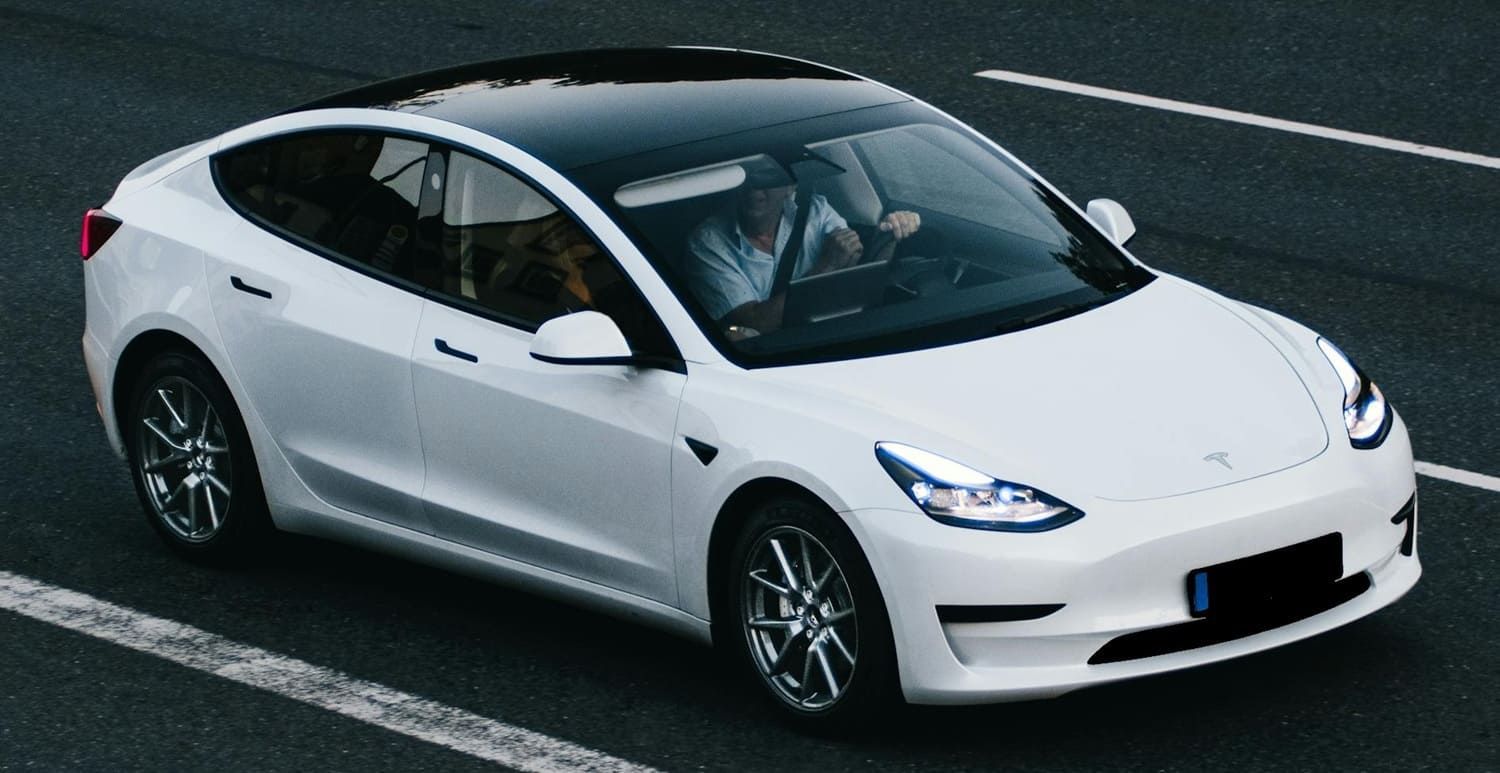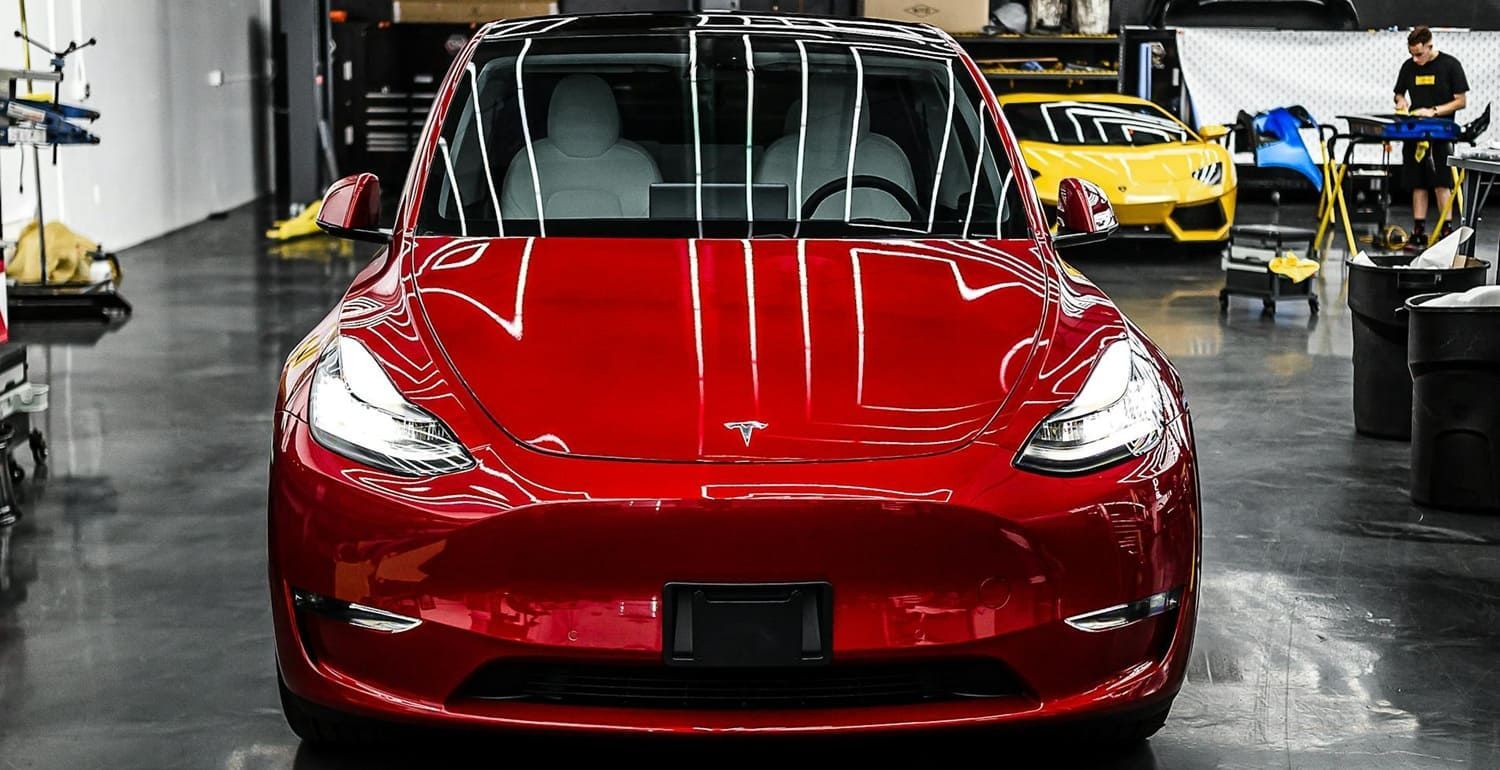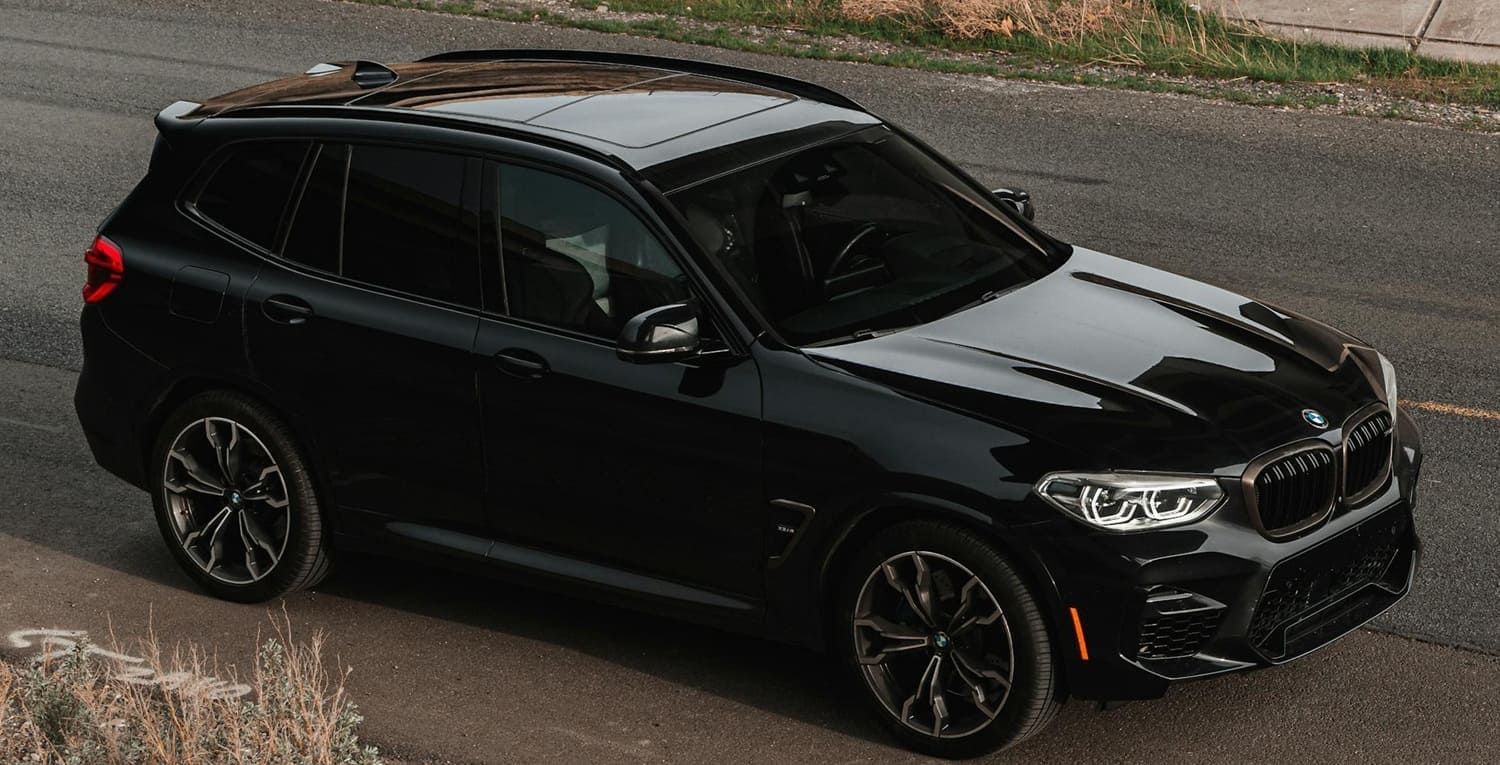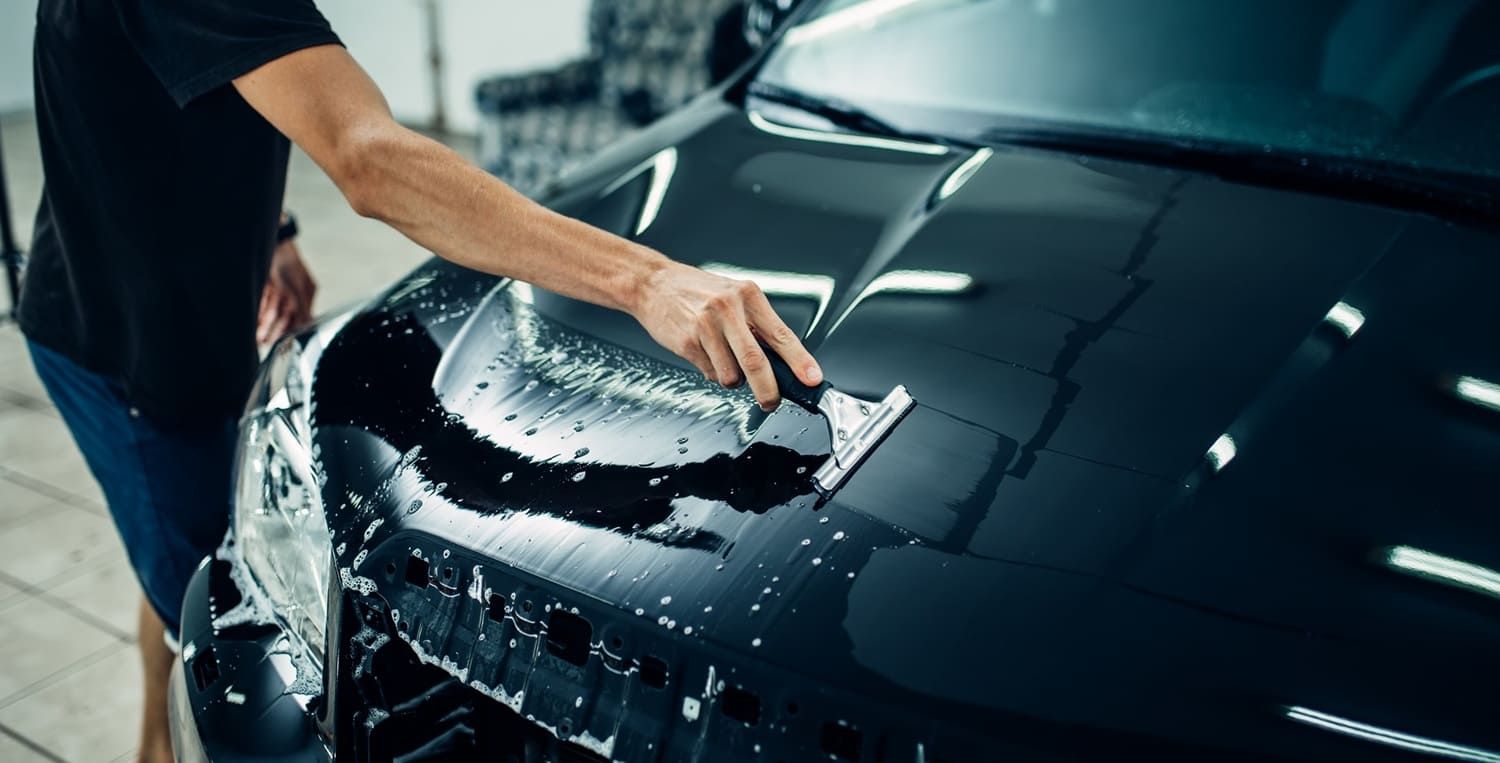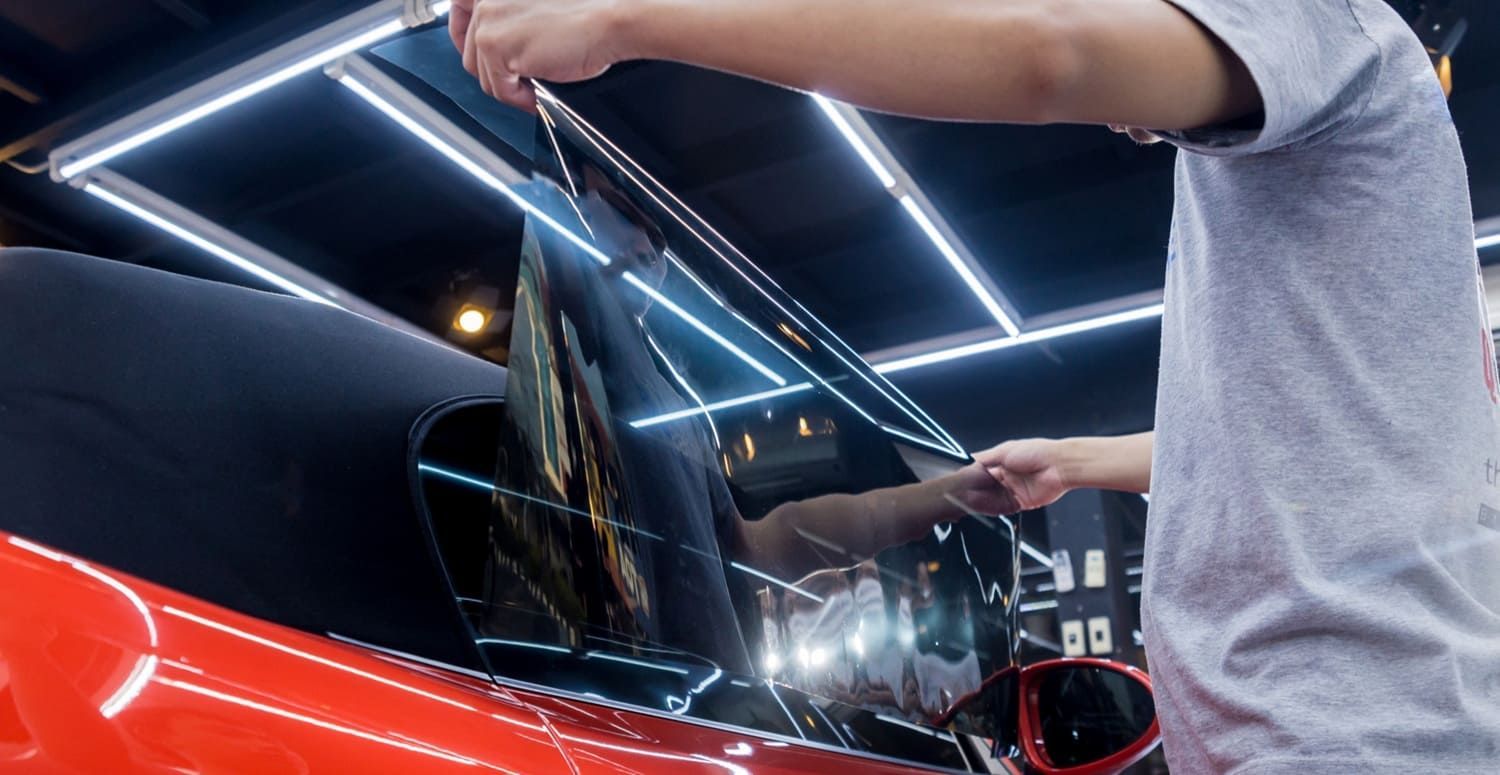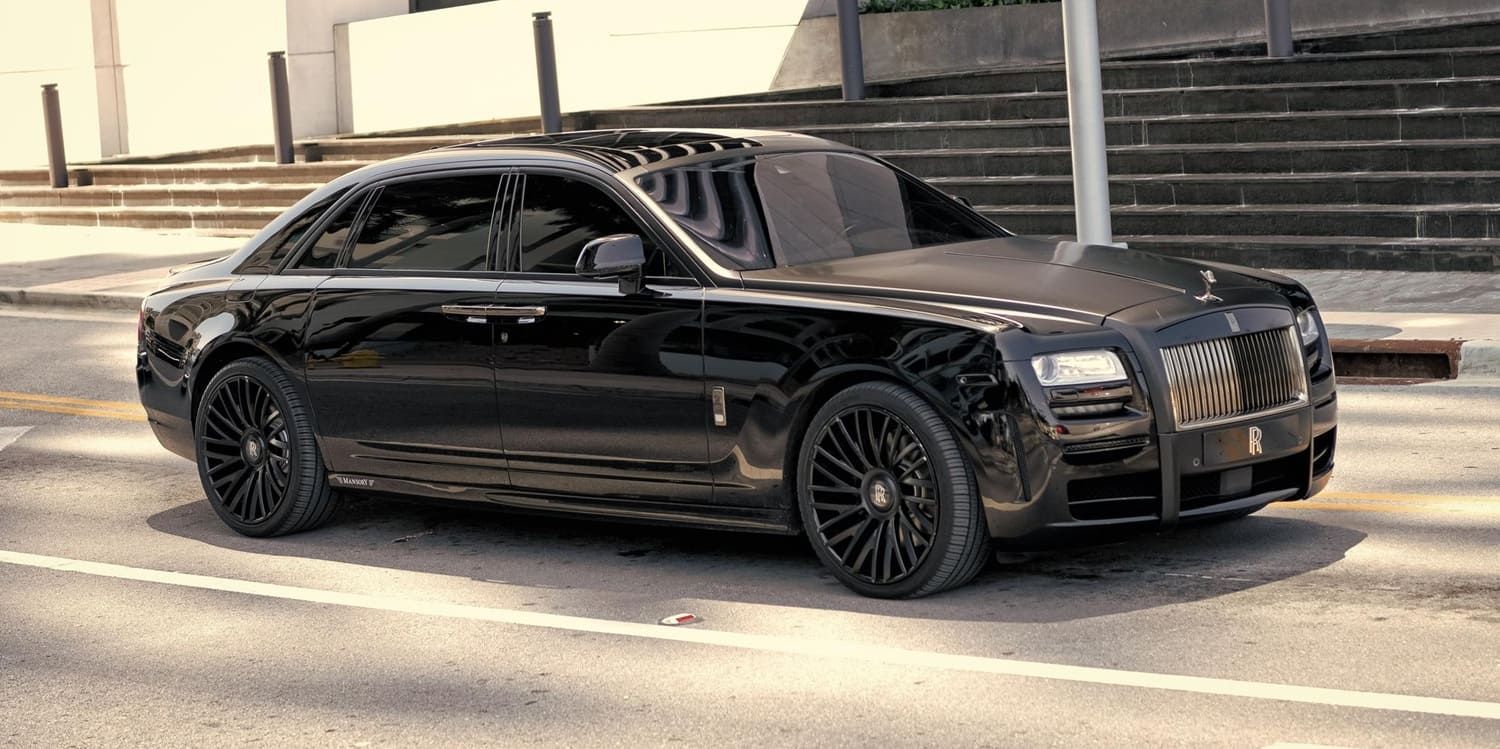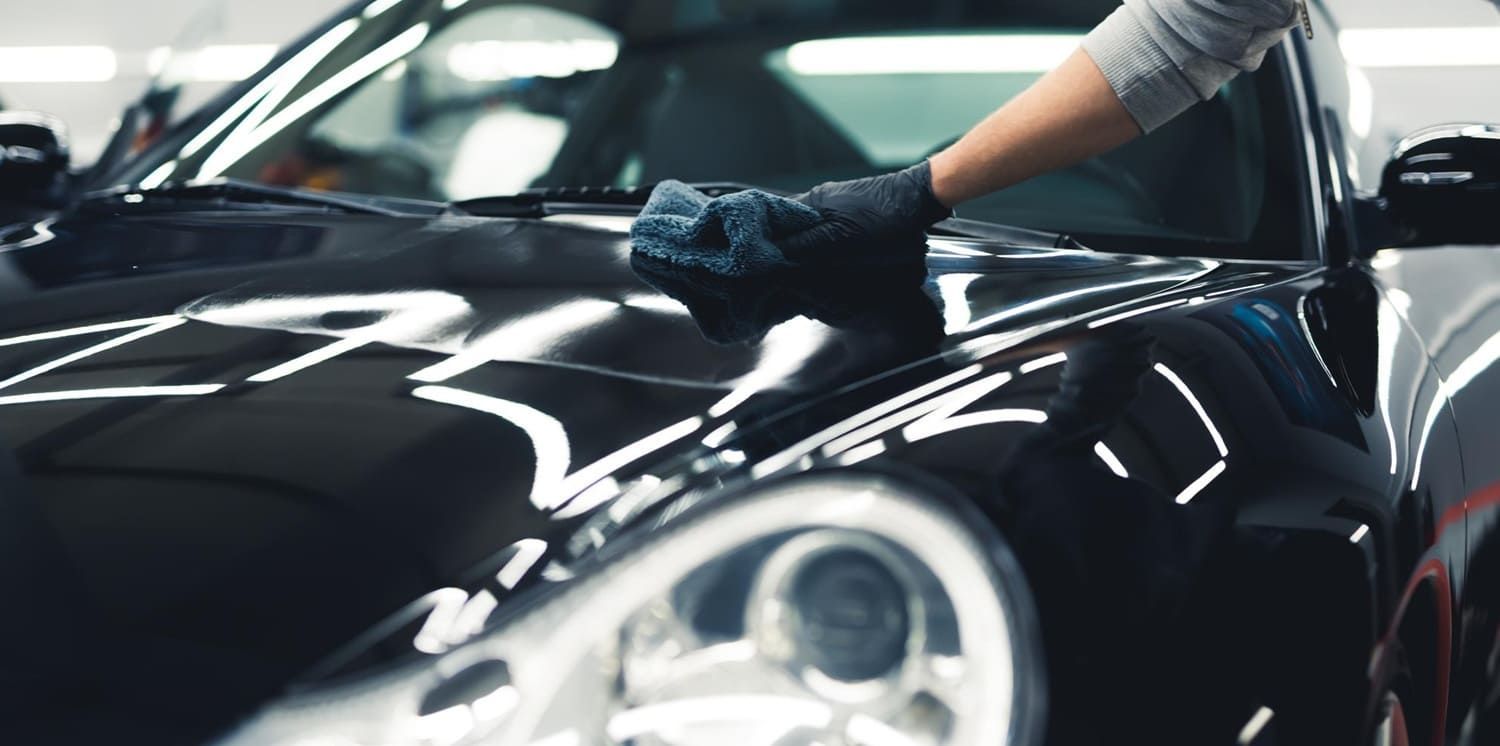Ceramic vs Carbon Window Tint: Key Differences
Choosing the right window tint can make a significant difference in your driving experience. With a myriad of options available, it's essential to understand the differences between the types of window tints to ensure you select the best one for your needs. Two popular choices are ceramic and carbon window tints, each offering unique benefits and characteristics. In this article, we will explore the key differences between ceramic and carbon window tints, helping you make an informed decision for your vehicle.
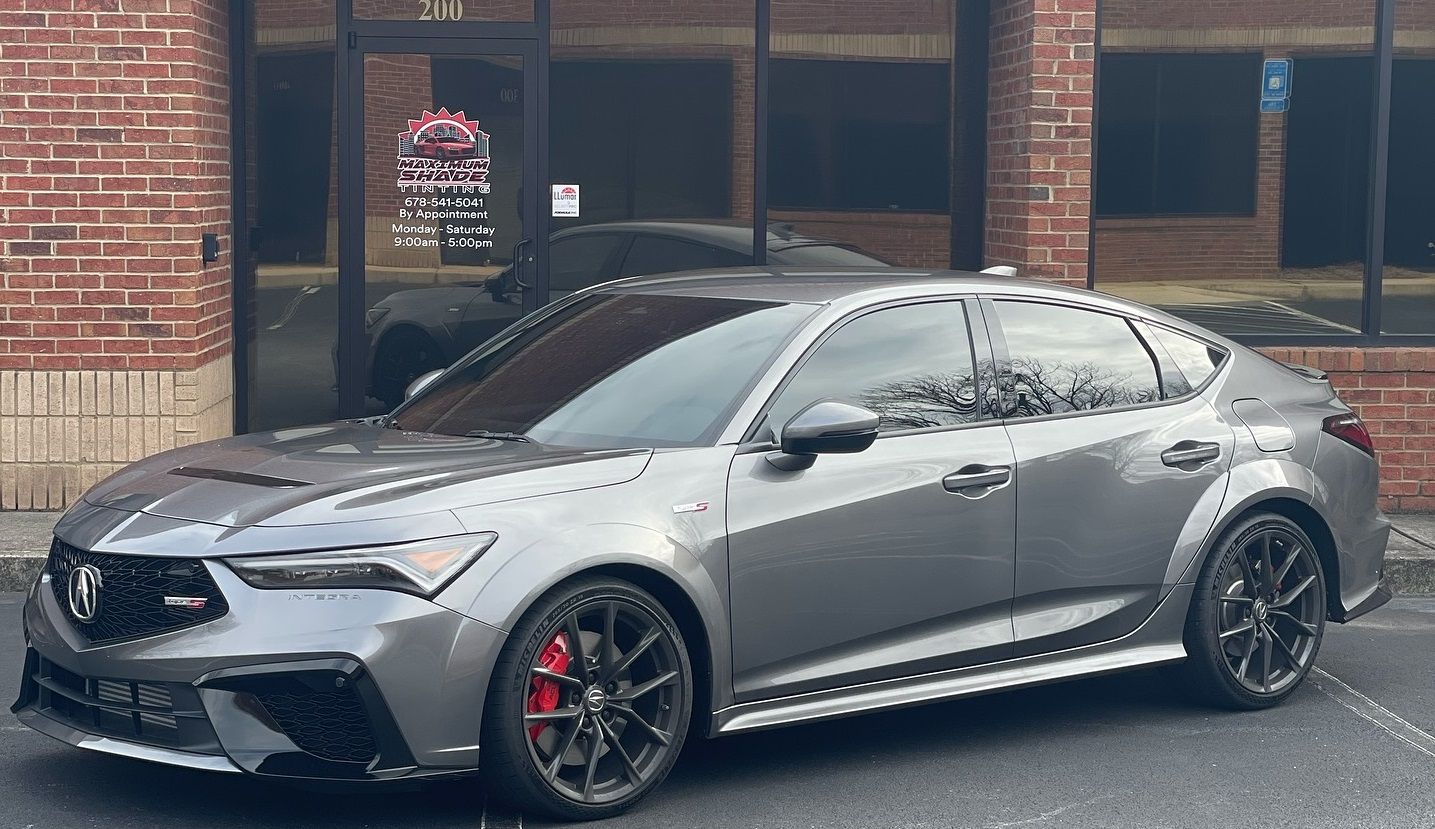
Understanding Window Tints
Window tints serve multiple purposes, from enhancing the aesthetic appeal of your vehicle to providing protection against harmful UV rays. They also help in reducing glare and maintaining a comfortable temperature inside the car. Beyond these practical benefits, tints can add a layer of privacy and security, making it harder for potential thieves to see inside your vehicle. Additionally, by blocking a portion of sunlight, tints can help in preserving the condition of your car's interior, protecting it from fading and cracking over time.
The Basics of Window Tinting
Window tinting involves applying a thin film to the car's windows. This film can block sunlight, reduce heat, and provide privacy. The level of tinting can vary, depending on the film's opacity and the type of tint used. Tints are usually rated by their Visible Light Transmission (VLT) percentage, which indicates the amount of light that passes through the window. A lower VLT means a darker tint, which can be more effective at heat and UV rejection, but may be subject to legal restrictions depending on your location.
Ceramic Window Tint
Ceramic window tint is known for its high-quality performance and advanced technology. It is created using ceramic-based nanoparticles that are non-metallic and non-conductive. This innovative composition sets it apart from other tints, allowing it to deliver superior performance without some of the drawbacks associated with metallic tints. Ceramic tints are often seen as a premium option, offering a blend of functionality and aesthetics that appeals to discerning drivers.
Benefits of Ceramic Window Tint
- Superior Heat Rejection: Ceramic tints are highly effective at blocking solar heat, keeping your car cooler during hot days. This can significantly reduce the reliance on air conditioning, improving fuel efficiency and driving comfort.
- UV Protection: They offer excellent protection against harmful UV rays, reducing the risk of skin damage and fading of your car's interior. The high level of UV blocking can also help
protect your skin from prolonged exposure during long drives.
- No Signal Interference: Unlike some metallic tints, ceramic tints do not interfere with electronic signals, such as GPS or mobile devices. This ensures that modern conveniences like navigation and connectivity remain unaffected.
- Clear Visibility: Ceramic tints provide exceptional clarity, ensuring you have a clear view of the road without glare. This clarity is particularly beneficial during night driving or in adverse weather conditions.
Durability of Ceramic Window Tint
Ceramic tints are renowned for their durability. They are resistant to fading, bubbling, and discoloration over time, ensuring a long-lasting appearance and performance. This durability means that ceramic tints are less likely to degrade under harsh sunlight or extreme temperatures. Additionally, their robust nature can withstand minor abrasions and scratches, maintaining their aesthetic appeal for years. This long-term performance can make ceramic tints a worthwhile investment for those seeking reliability and longevity.
Carbon Window Tint
Carbon window tint is another popular choice, known for its matte finish and carbon particle construction. Its unique composition gives it a distinct appearance and set of benefits that make it appealing to many vehicle owners. Carbon tints offer a balance between performance and cost, providing a practical solution for those who want effective window tinting without breaking the bank.
Benefits of Carbon Window Tint
- Heat Reduction: Carbon tints also reduce solar heat, though not as effectively as ceramic tints. However, they still offer a noticeable improvement in temperature control within the vehicle.
- UV Protection: They block harmful UV rays, helping to protect your skin and car interior. This protection is essential for maintaining the integrity of your vehicle's upholstery and dashboard.
- No Signal Interference: Like ceramic tints, carbon tints do not interfere with electronic signals. This ensures that your in-car technology works seamlessly, providing convenience and safety.
- Stylish Appearance: The matte finish gives your vehicle a sleek and modern look. The aesthetic appeal of carbon tints can enhance the overall appearance of your car, making it look more sophisticated.
Durability of Carbon Window Tint
Carbon tints are more durable than dyed tints but may not match the longevity of ceramic tints. However, they still provide a good level of resistance to fading and bubbling. The carbon particles embedded in the film help maintain its color and appearance over time, ensuring that it remains effective and attractive. While they may not last as long as ceramic tints, carbon tints still offer reliable performance for several years, making them a practical choice for many.
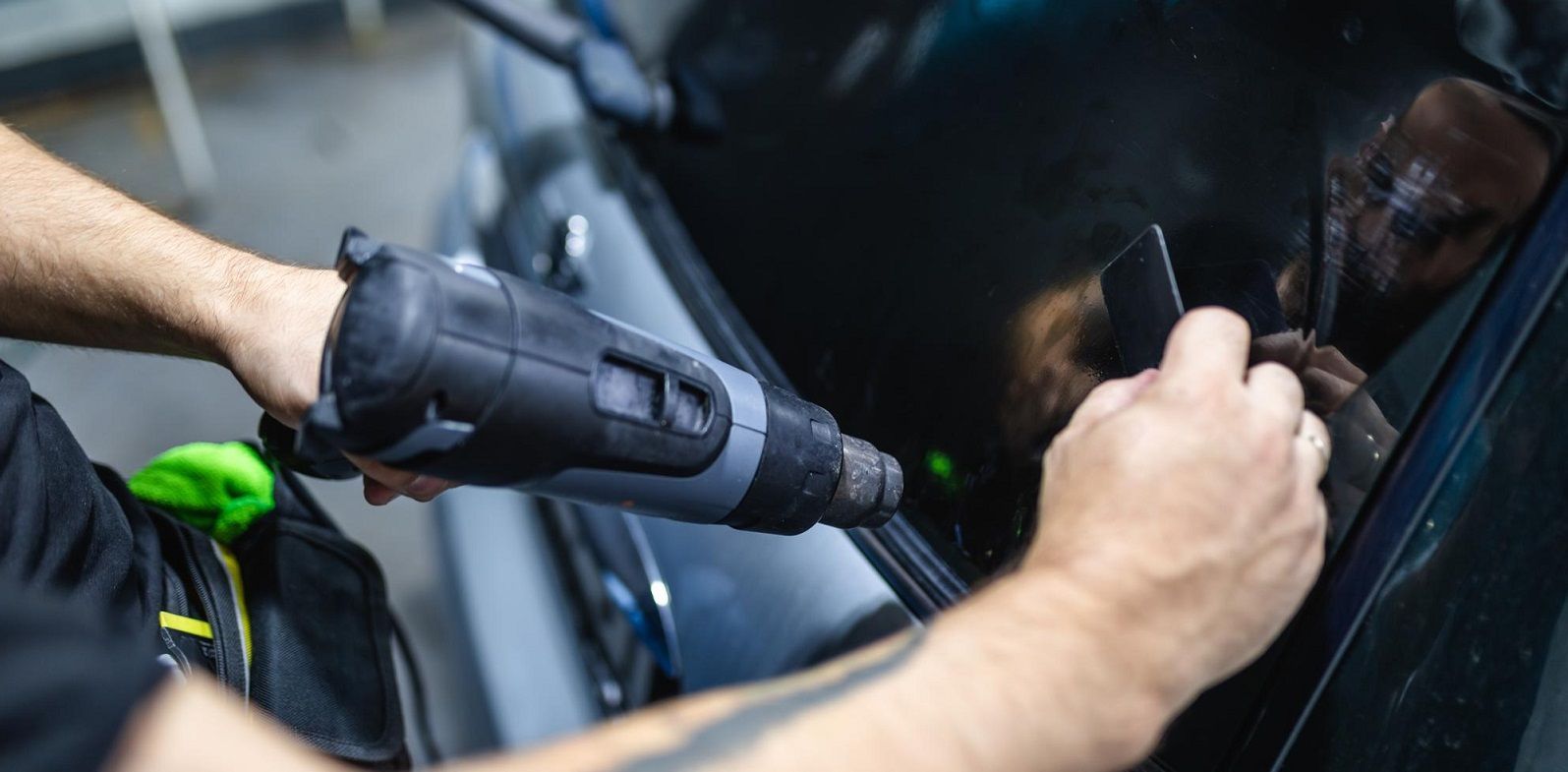
Comparing Ceramic and Carbon Window Tints
When deciding between ceramic and carbon window tints, it's crucial to compare their features and benefits. Each type of tint has distinct characteristics that may appeal to different drivers based on their specific needs and preferences.
Heat Rejection
Ceramic window tints generally offer superior heat rejection compared to carbon tints. If you live in a hot climate, ceramic tints may be a better choice to keep your vehicle cooler. The advanced technology in ceramic tints allows them to block more infrared radiation, which is responsible for the heat you feel from the sun. This can result in a more comfortable driving experience, particularly during peak summer months.
UV Protection
Both ceramic and carbon window tints provide excellent UV protection, shielding you and your car's interior from harmful rays. This protection is essential for preserving the condition of your vehicle's interior and safeguarding your health. While both types of tints offer substantial UV blocking capabilities, ceramic tints might have a slight edge in providing more comprehensive coverage, thanks to their advanced construction.
Signal Interference
Neither ceramic nor carbon window tints interfere with electronic signals, making both options suitable for modern vehicles equipped with GPS and mobile devices. This is a significant advantage over metallic tints, which can cause disruptions. The non-conductive nature of both ceramic and carbon tints ensures that your electronic devices function optimally, maintaining connectivity and navigation accuracy.
Appearance and Clarity
Ceramic tints are known for their clear visibility and minimal glare, while carbon tints offer a stylish matte finish. Your choice may depend on your preference for clarity or style. Ceramic tints provide a more natural view, closely matching the clarity of untinted windows, which can be advantageous for safe driving. In contrast, the matte finish of carbon tints can enhance the exterior look of your vehicle, giving it a unique and modern aesthetic.
Cost Considerations
Ceramic tints tend to be more expensive than carbon tints due to their advanced technology and superior performance. However, the investment may be worthwhile for those seeking the best heat rejection and clarity. Carbon tints, on the other hand, offer a more budget-friendly option that still provides essential benefits like UV protection and signal clarity. When considering cost, it's important to weigh the long-term benefits and performance of ceramic tints against the initial savings offered by carbon tints.
Making the Right Choice
Selecting the right window tint for your vehicle involves considering your specific needs and preferences. If heat rejection and clarity are your top priorities, ceramic window tints may be the better option. On the other hand, if you prefer a more affordable solution with a sleek appearance, carbon window tints could be the way to go.
Consider Your Climate
Consider the climate in your area when choosing a window tint. In regions with intense heat and sunlight, the added heat rejection and UV protection of ceramic tints can be beneficial. Conversely, in milder climates, the performance offered by carbon tints may be sufficient to meet your needs. Evaluating the typical weather conditions in your area can help you make a more informed choice, ensuring optimal comfort and protection.
Evaluate Your Budget
Your budget is another important factor. While ceramic tints offer superior performance, carbon tints provide a cost-effective alternative without compromising on essential benefits like UV protection and signal clarity. Understanding your financial constraints and priorities will guide you towards the most suitable option. It's crucial to balance your desire for high-end features with your available resources to make a choice that aligns with your expectations and budget.
Conclusion
In the debate of ceramic window tint vs. carbon window tint, both options offer unique advantages. Ceramic tints provide unmatched heat rejection and clarity, while carbon tints offer a stylish appearance and solid performance at a lower cost. Understanding the key differences helps you make an informed decision that enhances both the comfort and style of your vehicle.
At Maximum Shade Tinting, we are premium window tinting installers serving Buford, GA, offering expert installation of both ceramic and carbon window films for superior performance and longevity.
Consulting a professional installer ensures proper application, compliance with local regulations, and maximum durability of your tint. With the right choice, you’ll enjoy a more comfortable, stylish, and protected driving experience.
Get a free estimate today! Contact Maximum Shade Tinting for expert window tinting solutions tailored to your needs.
